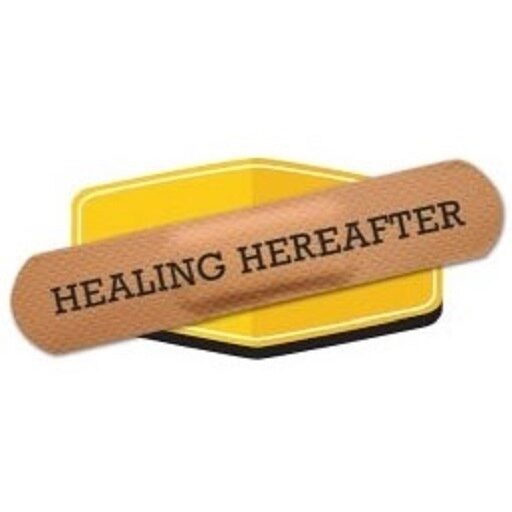I’m excited to share an experience with you, since it gave me plenty of food for thought. Well, actually it was really just thought since I couldn’t stay long enough for the free desserts! Shoulda planned that better. I attended a compelling, sobering, and thought-provoking seminar given by Robert Lupton, author of “Toxic Charity” and a Christian urban activist over the last 45 or so years who shared from his own failures, successes, and experiences what truly alleviates problems among those in need over the long haul and what doesn’t.
Many out there know that I love to figure out how best to engage a problem, especially in the realm of effective charity. I’m still wading deep through my learning curve, but what was so shocking and exciting at the same time is how many other individuals, churches, organizations are too, not to mention our government! Yes, so many common approaches to aiding others are ineffective and even detrimental, but what’s exciting is that the desire to aid others is still very present and the strategy is easily altered to become effective. How, you say? To start, simply ask where your family’s or church’s approach to charity can embrace these simple concepts:
1. Consider people to have capacity, not needs. As was repeatedly stated in the seminar, “Never do for someone what they have the capacity to do for themselves.” Give them the dignity and pride of contributing to their aid (Click to tweet).
2. Focus on exchanging, not giving. Virtually every human has something to offer the world. Foster the use of their talents and experience in exchange for aid they can’t produce rather than repressing their gifts by always having to demonstrate your own.
3. Only offer handouts in one-time crisis situations, such as natural disasters or emergent life events. Only give what’s immediately necessary at the time and only after investigating the recipients to assess true need. For all remaining needs, see #1 and #2.
4. For large group activities or missions trips, let the recipient community lead. They should identify the needs the project is to provide and offer whatever finances and personnel they can provide for the project before providing outside strategy and funds. Then during the project, let them supervise and share their stories as often as possible.
5. Recognize the unique gifts you have in your part of the world and maximize them. In the West, those gifts are primarily money and specialty education. In developing nations, those gifts are primarily cultural expertise, long-term relationship networks, and manpower. This means that it’s often a really bad idea to send a US team to sub-Saharan Africa to create a community development plan, offer transient friendships to orphans, or construct buildings that deprive the local workforce of jobs. Instead, give your and the Western church’s money to the organizations proven by third-party confirmation and scientific research to be most efficient and effective in serving these populations through the abilities they possess in greater measure than us (Click to tweet). Samaritan’s Purse, The Against Malaria Foundation, and GiveDirectly are excellent places to start, and you can find more at www.givewell.org.
Those of us compelled to serve on the front lines should do so, and I have in many capacities. But I also have to consider the following. It is estimated that a physician in the US will save only 2-4 lives per career, because there are so many other docs and services that will fill the void in care if I didn’t have my job. A physician in the poorest nations will save an estimated 300 lives per career, as those redundancies aren’t nearly as common there. But anyone making $50,000 or more who gives the majority of their resources to the most effective charities will save many more lives than that, even thousands to tens of thousands. Recognizing our global strengths and those of the communities we give to is vital in hurting the least and helping the most!
My mind’s buzzing with ideas, and I hope yours is too! Happy helping and halting hurting! And if you’d like to explore more how God is doing the same, both during our lives and off into the hereafter, check out Healing Hereafter, my free ebook series that you can download in two clicks right here, whatever sections interest you the most!



